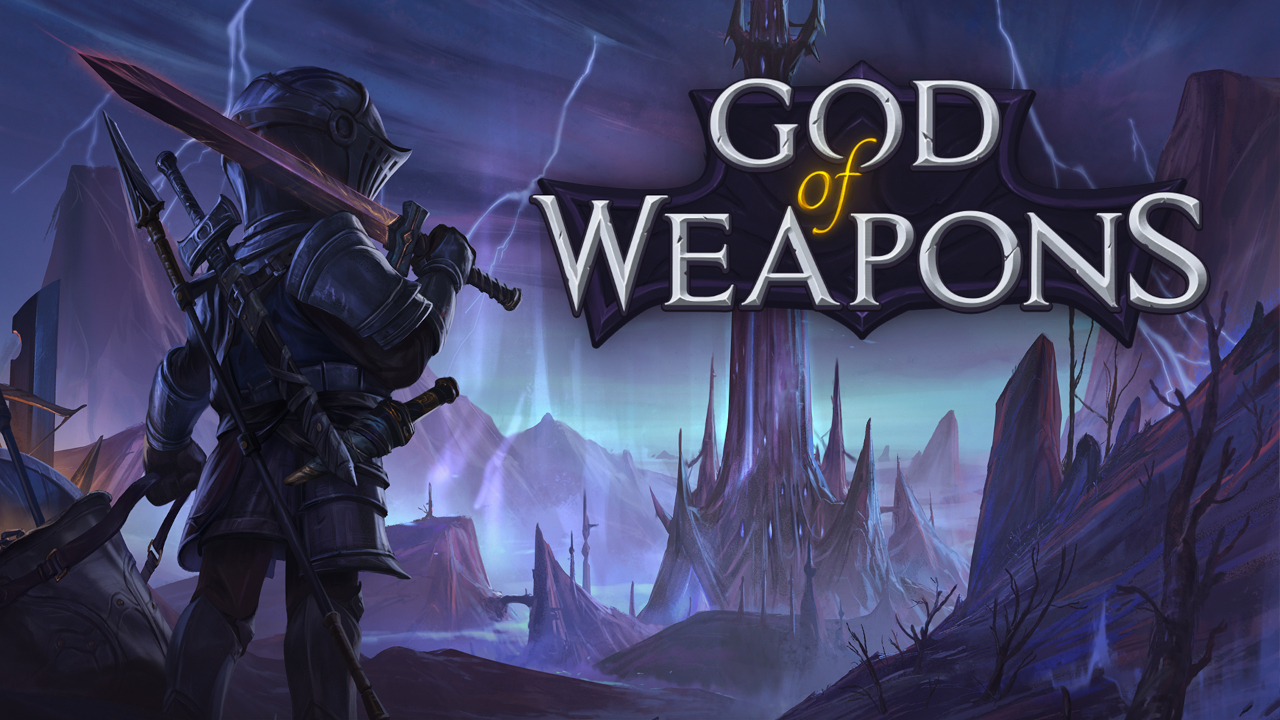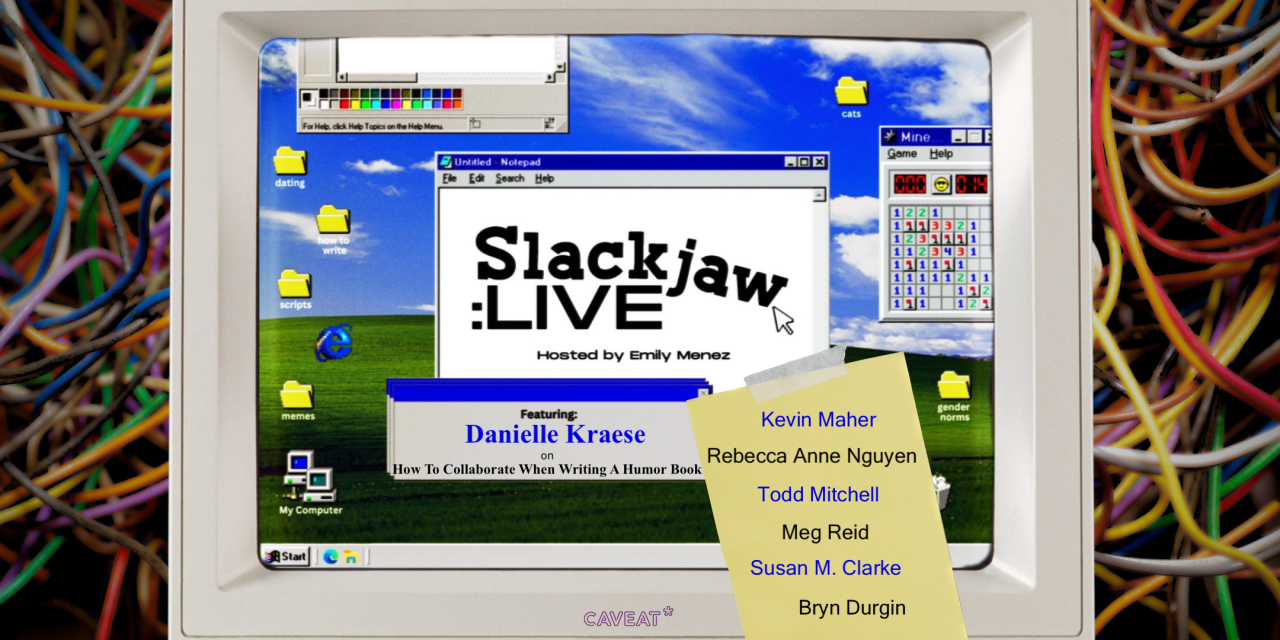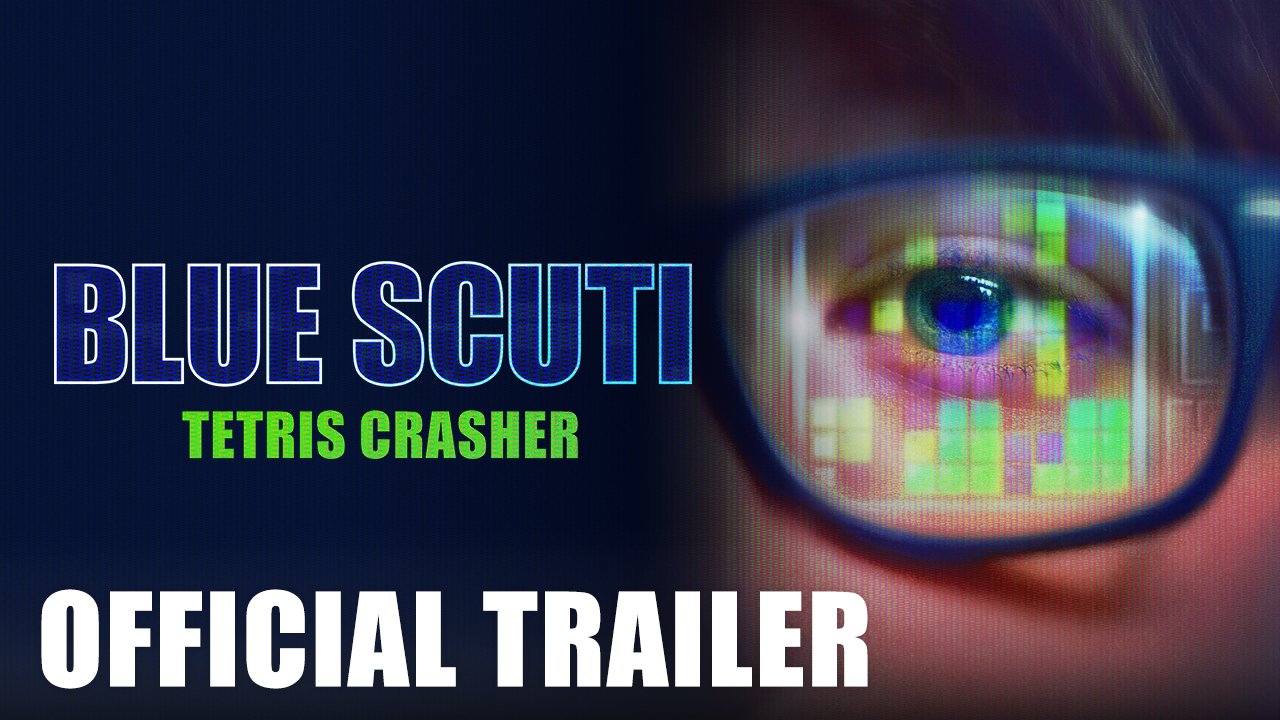Welcome! If you’re new here, check out our free game dev newsletter!
I get a lot of pitches. I run several growing social media accounts, I host and produce GameDev Breakdown, and technically, I’m the editor-in-chief here at CodeWritePlay. Sure, I’m usually only editing for myself, but I assure you I’m a handful. It’s a useful mindset because from men’s health experts to annual film awards, people pitch me on what they have to offer each and every day.
This is not a humblebrag (yes it is). I bring it up because it’s put me in a unique position to help you pitch others, which is something you should be doing pretty regularly. If you consume this content, there’s a high probability that you do creative work, and you may very well have something you should be actively promoting right this minute. It’s a huge internet full of podcasts, live streams, videos, and articles. If you’re bothering to work in a creative space, you should put a healthy amount of time in trying to get these content creators to cover you and what you do.
I’ve done enough pitching to lose any real shame I used to have about it, and I don’t want your shame to guilt you into a bad pitch. What I’ve assembled here is a playbook to get you your best chance at coverage from a content creator, whether they’re a hobbyist, a small-timer, or a professional. I firmly believe these lessons will stick with you for the rest of your career.
Explain who you are
There is such a thing as the right message being sent by the wrong person. This is why you can find an “About the Author” section in most books. Consuming content is ultimately a learning experience, and it comes with an inherent vulnerability. Consumers won’t (and shouldn’t) listen to just anyone. When you pitch someone, you have to be clear about who you are and why people should listen to you. It’s not about bragging, it’s about establishing trust–even if only for a few moments. If you hold back on this step, the decision maker may consider you a liability.
Be upfront about what you’re promoting
Everyone knows you have a reason for putting yourself in the spotlight. It’s more suspicious if you don’t. The good news is that this is a perfectly acceptable and well-understood part of the process. Content creators (who talk to guests) happily plug projects in exchange for your help in feeding the infernal content machine. It’s their pleasure.
Think of any late night talk show. Everyone is happy to book Tom Hanks, and it’s actually not all that important what movie he just worked on. The host will gladly recommend we all see it on Friday in exchange for that show segment with an A-lister.
Being clear about what you’re promoting lets the decision maker know if it’s a good fit. Naturally, it’s a nice bonus if it’s something they’re particularly interested in.
Pitch specific content
While the previous step is vital, this is actually much more important, and it’s where I pass on many pitches. It’s where I’m even a little insulted by a few. If you want to write a guest post or you’d like me to interview you for the site or podcast, I have to know what we’re going to talk about. Some projects lend themselves very well to long discussions about process, inspiration, etc. I still need to know what you’re prepared to talk about. If you just launched a studio and offer to come on to “discuss the state of the game industry,” I promise I’m going to delete the message. I delete an offer to “discuss the state of gaming/the game industry” no less than twice a week. Newbies and professional PR people make this mistake the exact same way. You are promoting one specific thing. I spend my entire week writing, researching, and interviewing people about games, the process of making them, and the industry they’ve created. Please do not offer to come finally explain video games to my audience.
Instead, convince me I want to hear about your one specific thing. Almost everyone has something to contribute to a conversation like this, I just don’t have time to try to get into your head to figure out what it is. Come with a plan, and I’ll be thrilled to hear about it.
This is not specific to unestablished guests, by the way. Before a movie star walks on to the set of a network talk show, a producer is absolutely going to get on the phone with them and ask for a list of topics–other than their movie–they can discuss on a moment’s notice. We’re all psyched for Space War 13, but if your dog recently climbed into your neighbor’s window and brought you their iPhone or something, now’s the time to bring it up.
Demonstrate that you understand the outlet
I get many versions of people attempting to convince me they’re familiar with my content, and it’s always abundantly clear when they’re not. This is not an issue of stroking my ego, it’s an issue of convincing me you understand the purpose of what I do. If I’m creating content for game developers, I don’t want to book someone to talk about playing Call of Duty competitively. Truly do the homework on an outlet you approach. The answers are all laid out for you in the form of the content it’s already producing. That’s why it sticks out so plainly when the pitch doesn’t match. It’s clear when you didn’t even bother to scroll through the home page.
On the other hand, if someone includes in an email that they think their expertise will be very helpful to “aspiring game developers curious about X,” there’s a very good chance we’re going to have a conversation.
Be an asset, not a nuisance
There’s an unproductive trend of asking for favors in the gaming content space. “Support small streamers.” “Signal boost for indies.” This road leads nowhere–well, it leads to a mid-size network of people who all do the exact same thing and pass the same five dollars around every time someone finishes a project. It feels good, but it’s fake.
I understand how harsh that sounds because most people would rather be nice than realistic about this issue, but I think the nicest thing we can do for someone grinding is to keep them from wasting their time.
This mindset translates well to pitching people who are too busy to be nice. Don’t tell an editor or a content creator how much it would help if they would do something. The secret is that everyone is drowning in the tasks they’ve set out for themselves–explain how you can help them. That’s the language busy people speak. You’re busy too. Speak that language. Tell someone you’re ready to fill in for a cancelled guest or chitchat for a segment at a moment’s notice, and there’s a much better chance you’ll at least get filed away somewhere.
Stick and move
Pitches are usually bad because they’re being done in great quantity. PR contact lists are miles long and subject to incredible churn as sites go under and people move on. The people who do get the messages are slammed 24/7.
This does not make it acceptable to send lazy pitches.
Take the time, do the homework, and send thoughtful, personal pitches about what you want to do. Then, let the work speak for itself. Be responsive, be helpful, and be flexible. If you manage this, you’ll outperform the majority of the competition.






Leave a Reply